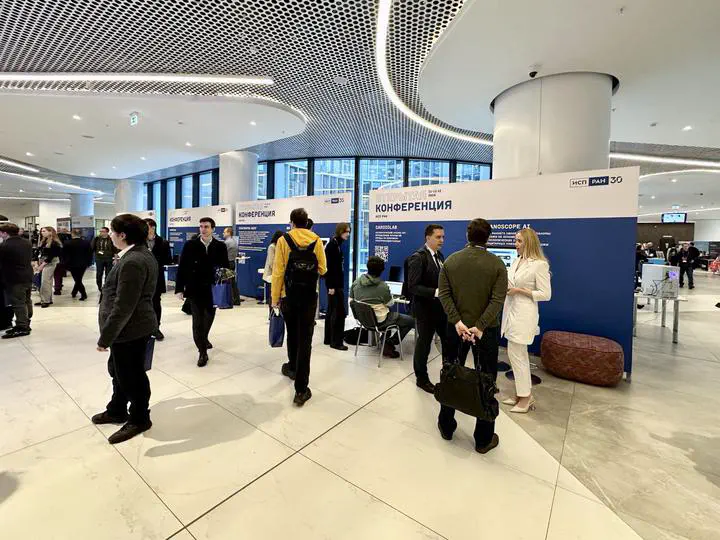Exhibition of technologies ISP RAS

Melanoscope AI at the ISP RAS technology exhibition
We are pleased to announce that the developed Melanoscope AI technology was successfully presented at the ISP RAS technology exhibition as part of the Open Conference, which was held in Moscow on December 11 and 12, demonstrating its capabilities in the field of diagnosing skin diseases. Our exhibition stand attracted the attention of both specialists and the general public.
How it was
All interested participants in the exhibition were offered dermatoscopy with the participation of an experienced dermatologist and venereologist. This made it possible not only to assess the condition of the skin, but also to test the capabilities of Melanoscope AI in real conditions.
What does Melanoscope AI do?
- Automatic diagnosis. Using advanced algorithms, the technology allows you to quickly and accurately detect signs of melanoma and other malignant skin tumors.
- Convenience and accessibility. The examination process has become even more convenient and faster, making prevention more accessible to everyone.

Results and plans
Testing the technology at the exhibition was an important stage in its development. We have received valuable feedback that will help us improve Melanoscope AI and make it even more effective.
We thank everyone who visited our stand and took part in testing. We continue to work to improve the technology and look forward to sharing further successes. Stay tuned to stay up to date with all the news and advances in skin diagnostics.
Your health is our main goal!
